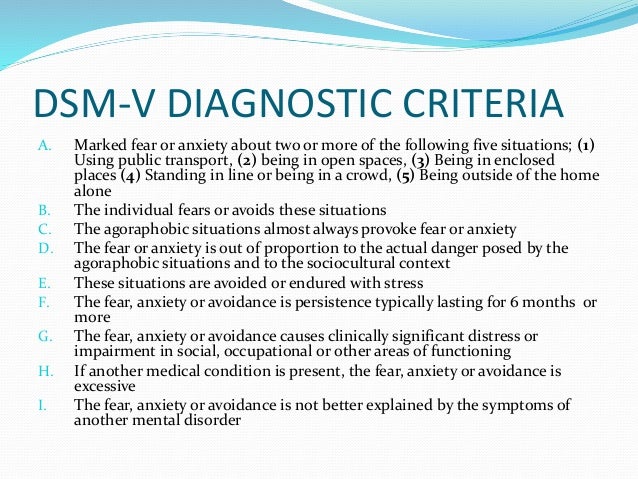

Panic ( comparative more panic, superlative most panic) Verb sense 1.3 (“to highly amuse, entertain, or impress (an audience watching a performance or show”) is derived from noun sense 4 (“a highly amusing or entertaining performer, performance, or show”). The noun is derived from the adjective, while the verb is derived from the noun. Adjective sense 3 (“pertaining to or resulting from overpowering fear or fright”) is partly an attributive use of the noun. Panique is derived from Ancient Greek πανικός ( panikós, “ pertaining to Pan of fear: baseless ” ) and its neuter singular πανικόν ( panikón, “ a panic ” ) and πανικός ( panikós ) from Πάν ( Pán, “ the Greek god Pan ” ) (the god of fields and woods who was believed to be the source of mysterious sounds that caused contagious, groundless fear in herds and crowds, or in people in lonely spots perhaps ultimately from Proto-Indo-European *peh₂- ( “ to shepherd to protect ” )) + -ῐκός ( -ikós, suffix forming adjectives meaning ‘of or pertaining to’ ).

The adjective is borrowed from Middle French panique ( “ panicked pertaining to the Greek god Pan ” ) (modern French panique) + English -ic ( suffix forming adjectives meaning ‘of or pertaining to’ ). ( Received Pronunciation, General American ) IPA ( key): /ˈpænɪk/.


 0 kommentar(er)
0 kommentar(er)
